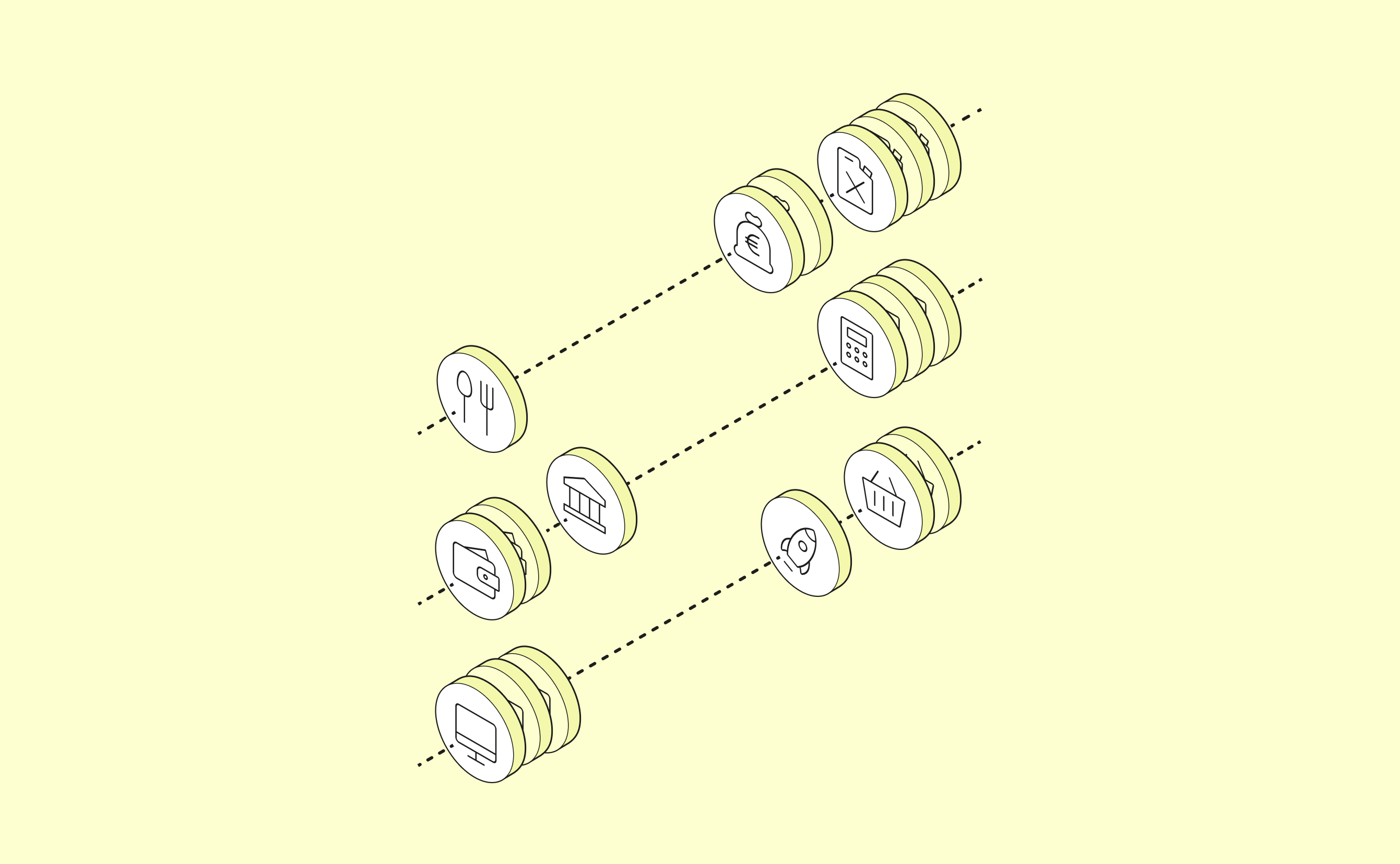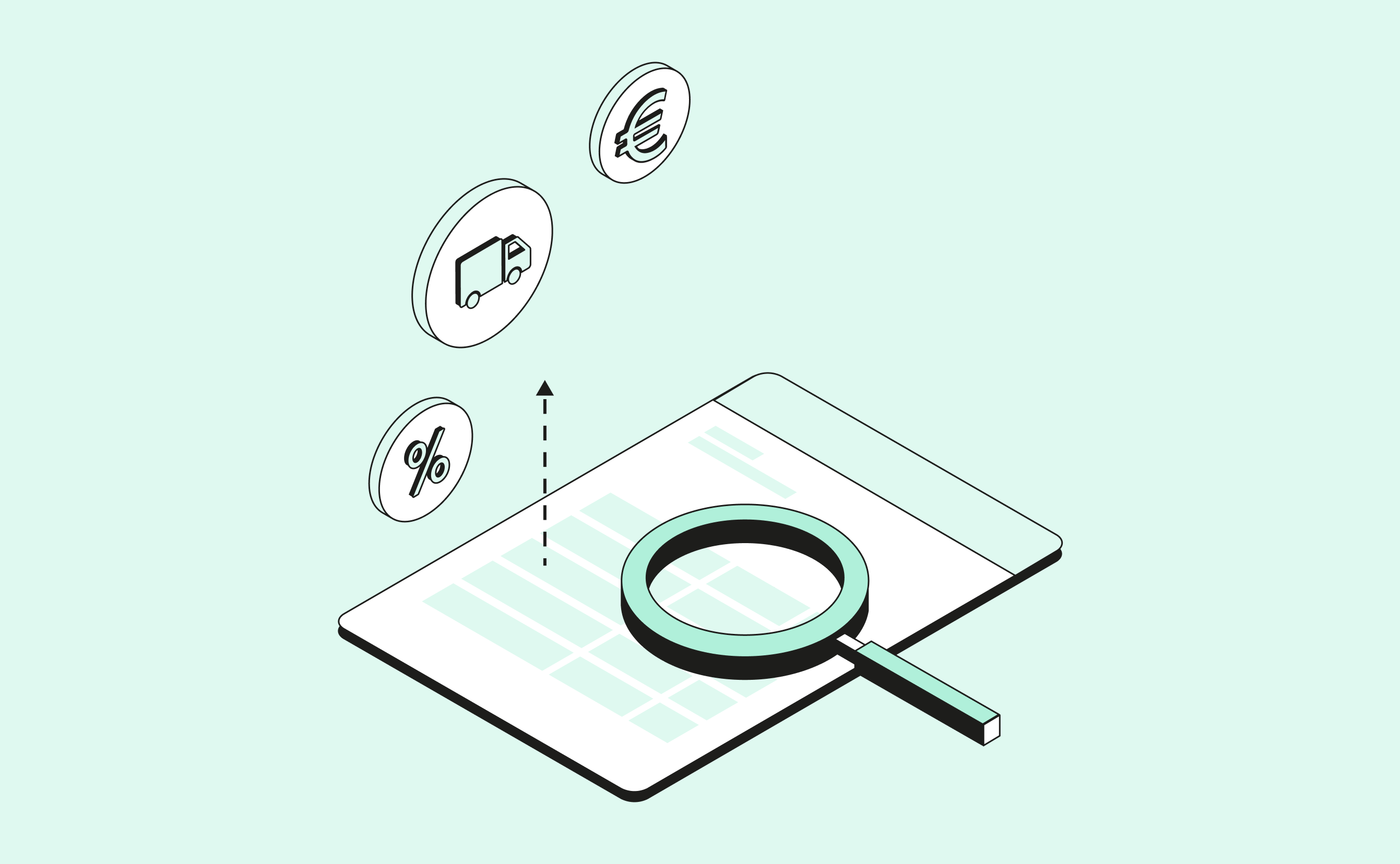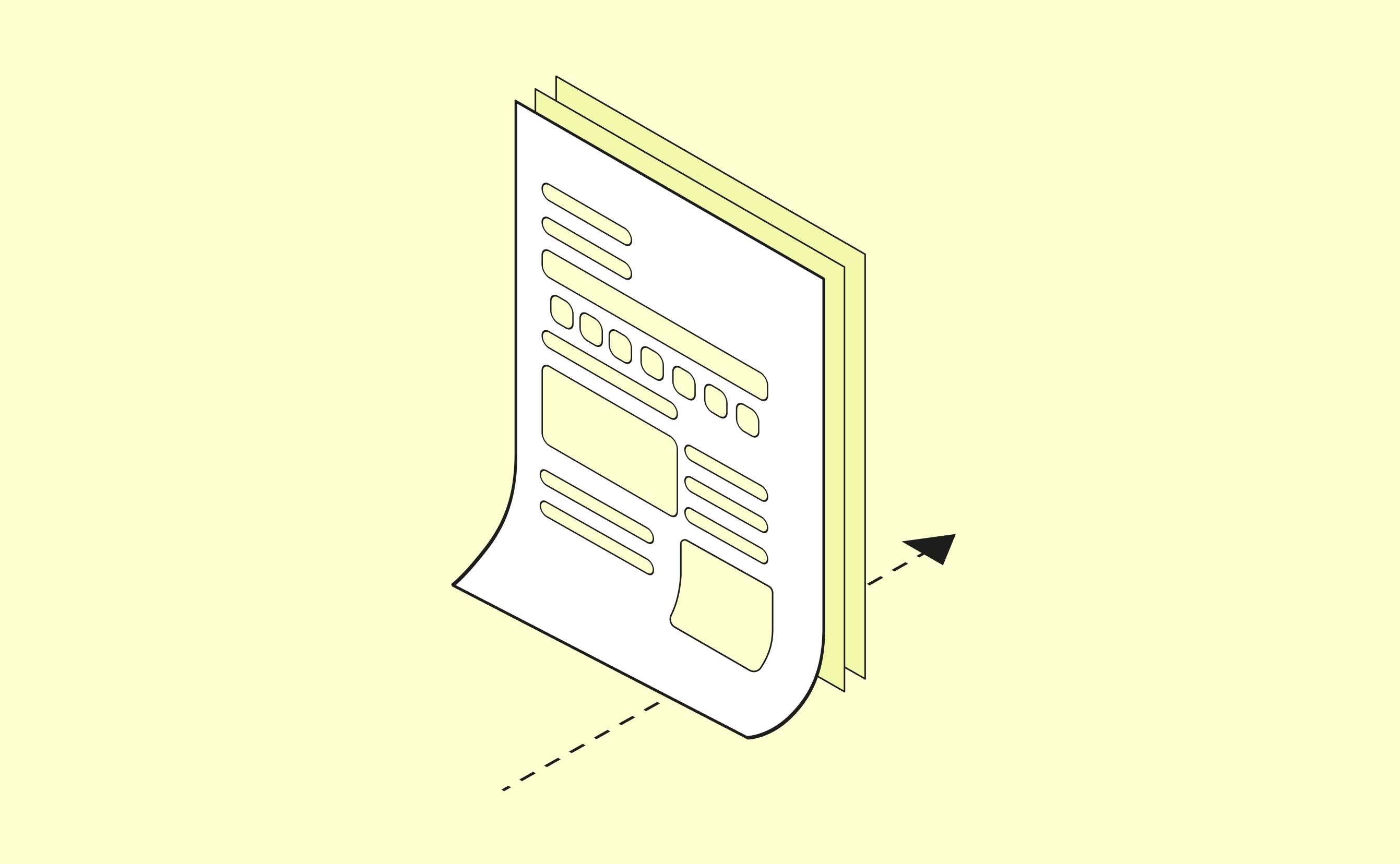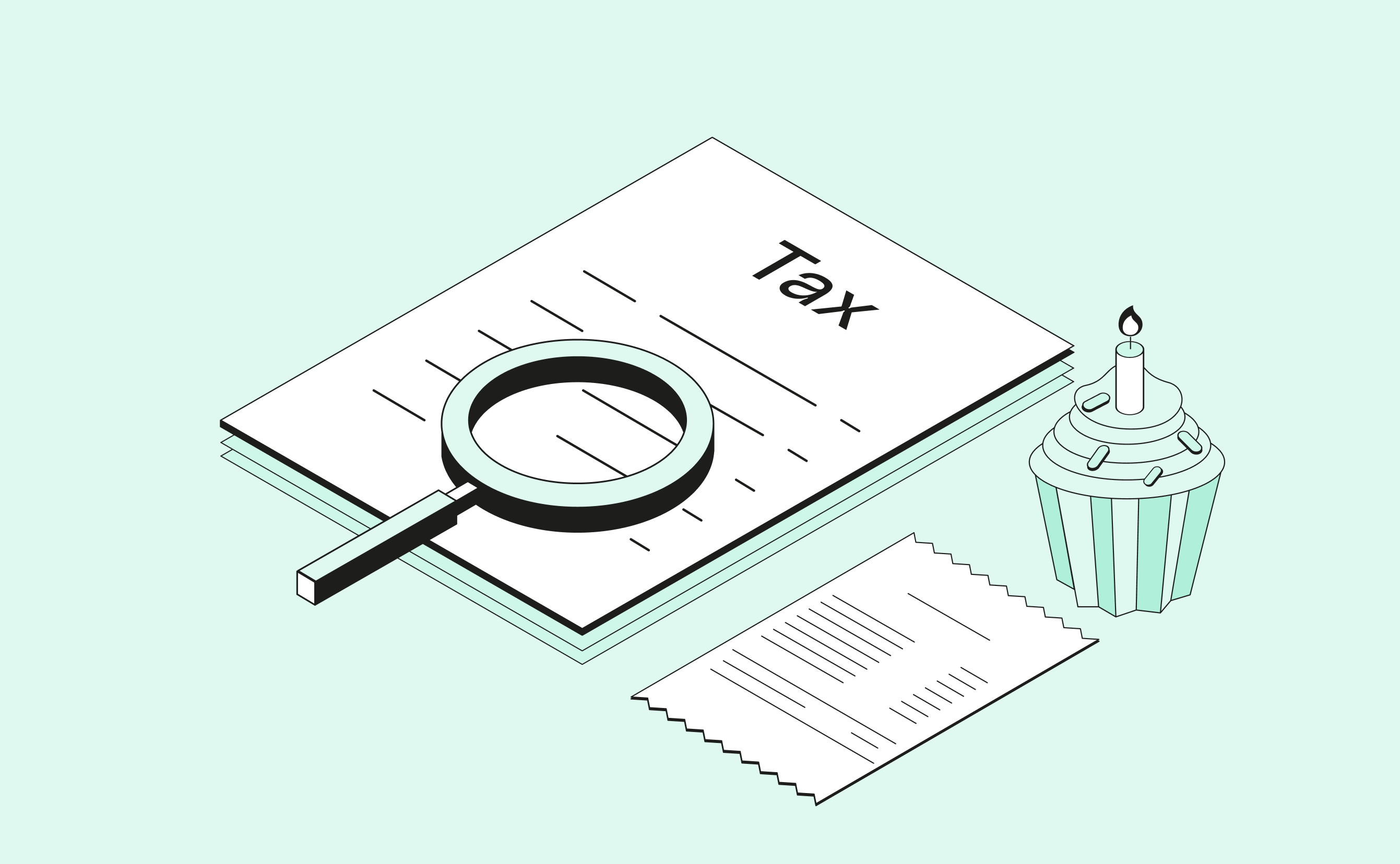Just about wherever you live in the world, you will have to pay tax on your income and the profit generated by your company. Besides this, there are various other taxes, such as vat, capital gains tax, property taxes, and more. Paying your taxes in Germany can be quite complicated, but we're here to simplify the basics so you can live and work in the country hassle-free.
Taxes in Germany: who pays what and how much

Income Tax
Income tax is for the majority of people the most significant tax they will pay. It is estimated that almost 50% of a person’s income will go to tax once all the individual charges have been calculated.
For most employees, the deduction of income tax is entirely automatic and managed by their employer. Employee taxes include the basic income tax (Lohnsteuer), your solidarity surcharge (Solidaritätszuschlag), and the church tax (Kirchensteuer) if you are a member of a religious community that charges this. The additional charges for health insurance, pension, and unemployment benefit are also deducted at source by your employer.
Here are the main types of income tax in Germany:
Here are the main types of income tax in Germany:
- Income from agriculture and forestry
- Income from business operations
- Income from self-employed work
- Income from capital
- Income from letting property
- Miscellaneous income
Earnings that don’t fall into one of these types, such as a lottery win, are not subject to income tax.
Employee income tax
As an employee, you will not usually have to submit a tax declaration in Germany each year. However, if you have any additional income or you want to make sure you are paying the correct amount of tax, then it may make sense to submit a tax declaration. It is quite common, even for employees where their tax is deducted automatically, to receive a tax refund if they complete a tax declaration.
Sole Proprietor income tax in Germany
A sole proprietor in Germany is treated as an individual for tax purposes, so the same calculations apply to you. Of course, there are various business expenses and deductions that you can use to reduce your tax liability.
Banking, taxes, and accounting in just one solution? No problem with Qonto.
So how much income tax do you have to pay in Germany?
Income tax in Germany is a progressive tax, meaning that they rise depending on your income. For 2019, the first €9,408 of income is tax-free. If you submit a joint return as a married couple, the tax-free amount doubles to €18,816.
The tax due is then calculated in brackets, as follows;
- 9.985 - 58.596 euros: 14% to 42%
- 58.597 - 277.825 euros: 42%
- More than 277.826 euros: 45%
The figures above double for married couples that submit a single tax return.
To make this clearer, let us take an employee that earns €100,000 per year.
On an income of €100,000, the individual will pay an income tax of roughly €31,371.
Also, the solidarity tax of 5.5% is applied as a surcharge on the amount of income tax you pay. In the example above, the surcharge would be €1725.40.
If you are liable for the church tax, it would be between 8% and 9% of your income tax, so in this example, between €2509.68 and €2823.39.
Deductions to calculate net income
It is important to note that income tax is calculated after you have deducted any allowable expenses from your gross income. In Germany, you can currently claim for the cost of traveling to work, professional fees, equipment required for your work, and any business literature.
Also, there are a whole range of personal deductions allowable, such as;
- Alimony payments
- Charitable contributions
- Childcare expenses
- Education expenses
- Social security contributions
- Mortgage allowance
The list above is not exhaustive but illustrates that submitting a tax declaration may be beneficial, even when your tax is deducted at source by your employer.
Submitting your tax declaration
Tax can be complicated, and there is no doubt about that. Calculating your gross income is the simple part, but then applying all the allowances and deductions to generate a final net income figure is tricky.
Just discovering all the allowances you are entitled to can be hard enough, but on top of that, many of them have complicated methods to work out your entitlement.
For relatively simple situations, such as an employee that has a small secondary income, then using one of the many online tax calculators is sufficient.
If you are self-employed, then it may be time to consider using a tax professional. Our blog on submitting a tax return in Germany may help you here.
Property transfer tax
After income tax, the next most significant tax liability for the majority of people will be property tax. This tax is levied when a property is transferred between owners, and the local government office sets the tax rate. It currently varies between 3.5% and 6.5%depending on where you live.
Capital gains tax
Capital gains tax (Abgeltungsteuer) is levied on the sale of capital holdings, such as shares, bonds, or real estate. A flat rate of 25% applies to any capital gain, plus a solidarity surcharge of 5.5%. Real estate that has been held for over ten years is exempt.
Annual property tax
Homeowners are charged a yearly property tax known as Grundsteuer. The calculation of this tax is complicated. It depends on where you live and takes various factors into account, such as the size of the property and the facilities available to you.
Value Added Tax
At the time of writing, the base rate of vat in Germany is set at 19%. Certain products and services are exempt or attract lower rates.
Company taxation in Germany
Corporation tax is charged on profits made by companies operating in Germany. The number of exemptions, credits, and different tax rates means that this is something that should be handled by qualified tax accountants.
The current rate of corporation in Germany tax is 15%, plus a solidarity surcharge of 5.5% on the corporation tax. Also, a trade tax is charged by local municipalities at a rate of between 14% and 17%.
These taxes are charged on the net profit of the company, so it is vitally important to use the services of an accountant to ensure you pay the correct amount.
- Income tax is based on your earnings
- You will either pay sole proprietor tax or employee income tax, depending on your employment situation
- Educate yourself on all the types of property and holding tax, to know how much you will need to pay on investments
- VAT is currently at 19% in Germany






